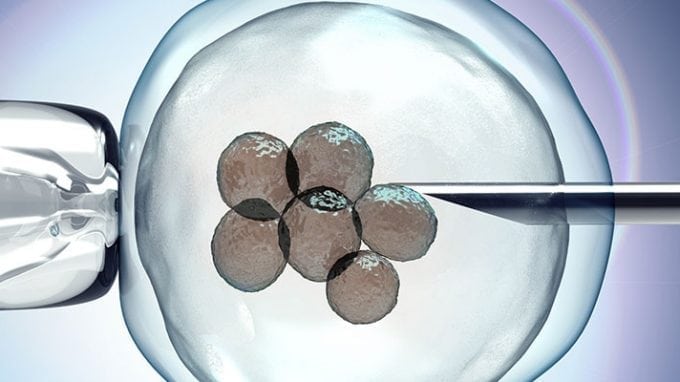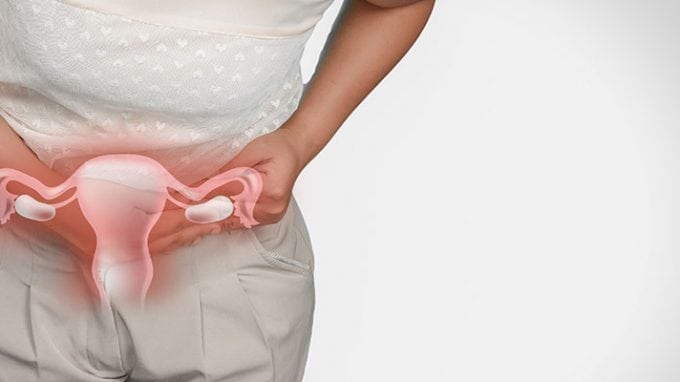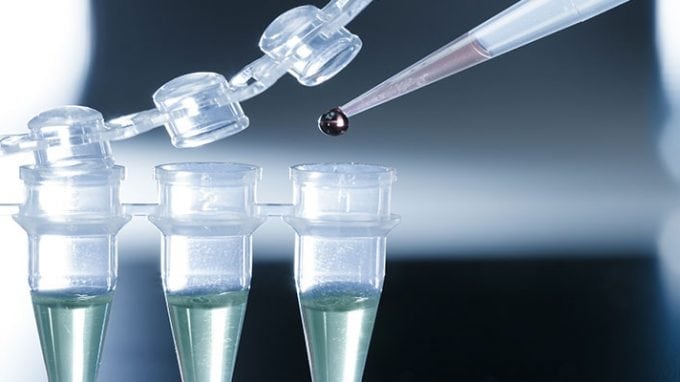While a daily regimen has been known to help in the prevention of heart attack and stroke, a daily low-dose aspirin therapy can improve conception and the chances of carrying an infant to full term. S...
Can Daily Aspirin Therapy Improve Fertility?


While a daily regimen has been known to help in the prevention of heart attack and stroke, a daily low-dose aspirin therapy can improve conception and the chances of carrying an infant to full term. S...

When you're trying to get pregnant, sometimes you can use a little help. According to Resolve.org, a national infertility association, one in eight Americans experience problems with conceiving or sus...

At first glance, Reiki might seem like an off-handed metaphysical idea, but it has been proven to aid in a multitude of health issues including fertility. What is Reiki? Reiki is a special form of e...

For decades, IVF has helped millions of couples undergoing infertility in conceiving a child. Although the procedure is extremely effective when all other avenues have failed, each IVF attempt is enor...

Uterine fibroids can interfere with the process of egg fertilization and can also prevent proper embryo implantation, contributing to infertility. John Hopkins Medicine Fertility Center describes u...

It’s not new knowledge that women are said to have a ticking clock. In most cases, this figure of speech is used to refer to their child-bearing years. Age, quality and quantity of a woman’s ovum ...

The term "biological clock" is used to describe increased maternal instincts, particularly women as they grow older. According to experts, this happens when the perceived and actual period of getting ...

A University of Warwick study has found that most women who have repeated miscarriages have unusually low amounts of stem cells in their uterus linings. For many women struggling with infertility, ...
Subscribe to our free newsletter on the topics Fertility Health, Fertility Supplements, and Reproductive Sciences.